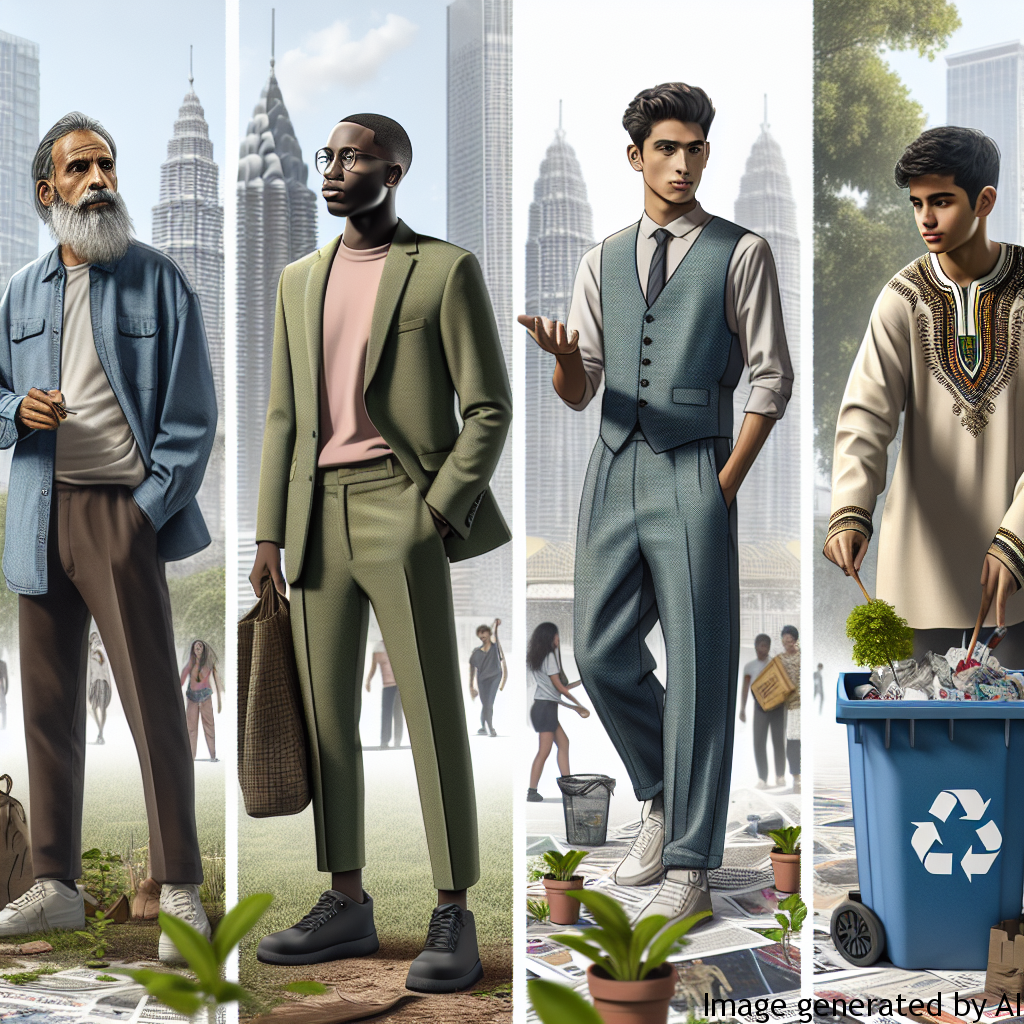Introduction
The fashion industry has a significant impact on the environment. From the extraction of raw materials to the production, distribution, and disposal of clothes, fashion contributes to pollution, waste, and high consumption of water and energy. On the flip side, fashion can also play a key role in promoting sustainability and positive environmental change. Men’s fashion, in particular, has a responsibility to embrace environmental sustainability and foster greater awareness and engagement among consumers.
Gender Expectations and Their Impact on Men’s Psychological Health
Gender expectations and stereotypes can profoundly affect an individual’s self-image, behavior, and mental health. In many societies, men are expected to be tough, strong, and emotionally resilient. These expectations impose a lot of pressure on men, often leading to emotional suppression and reluctance to seek support when dealing with personal issues and mental health challenges.
The influence of Fashion on Men’s Mental Health
In the context of fashion, societal ideals of masculinity can significantly affect men’s relationship with clothes. Men are often discouraged from experimenting with trends and expressing their personality through clothing, leading to conformism and even anxiety. Besides, the fashion industry’s portrayal of unrealistic body images can exacerbate body dissatisfaction and issues related to self-esteem.
Examples of How Gender Roles Can Impact Men’s Lives
In terms of personal style, men may feel confined to following traditional expectations – wearing somber colors, forgoing patterns or prints, and choosing functionality over aesthetics. Such limitations can inadvertently lead to a lack of freedom in fashion exploration and personal expression.Pression to conform to stereotypical ‘male’ behavior can also extend to shopping habits, with men feeling pressured to make quick decisions, limiting their opportunity to consider environmentally-friendly options.
Moreover, the “throw-away” culture prevalent in the male fashion industry can contribute to environmental degradation. Often, men are encouraged to buy new clothes to stay on trend, leading to high consumption rates and contributing to waste generation.
Tips on Improving Psychological Health with Consideration of Gender Roles
1. Breaking stereotypes: Encouraging men to express their style freely and break away from stereotypical norms can improve their mental well-being and foster creativity.
2. Boosting body positivity: Brands and industry influencers can play a crucial role in promoting real, diverse images of men. Addressing unrealistic body standards can support men in developing a healthy body image and self-perception.
3. Promoting eco-fashion: Educating men about the ecological footprint of fashion and promoting sustainable practices can foster environmentally responsible behavior. Brands can offer eco-friendly products, adopt transparent manufacturing processes, and encourage recycling and upcycling.
Conclusion
Changes in the men’s fashion culture have a dual potential: it can not only counteract negative psychological effects associated with traditional gender expectations but also promote environmental responsibility. By fostering an environment where individuality is celebrated, positive body image is encouraged, and sustainability is prioritized, the men’s fashion industry can make a lasting and promising impact on both individual well-being and global ecology.

